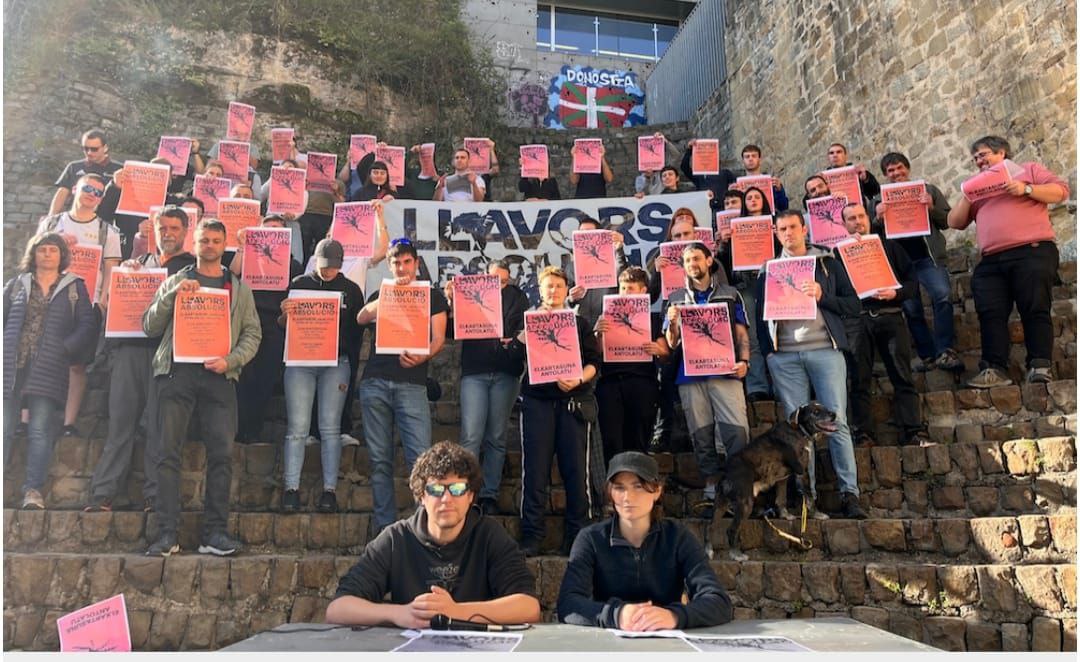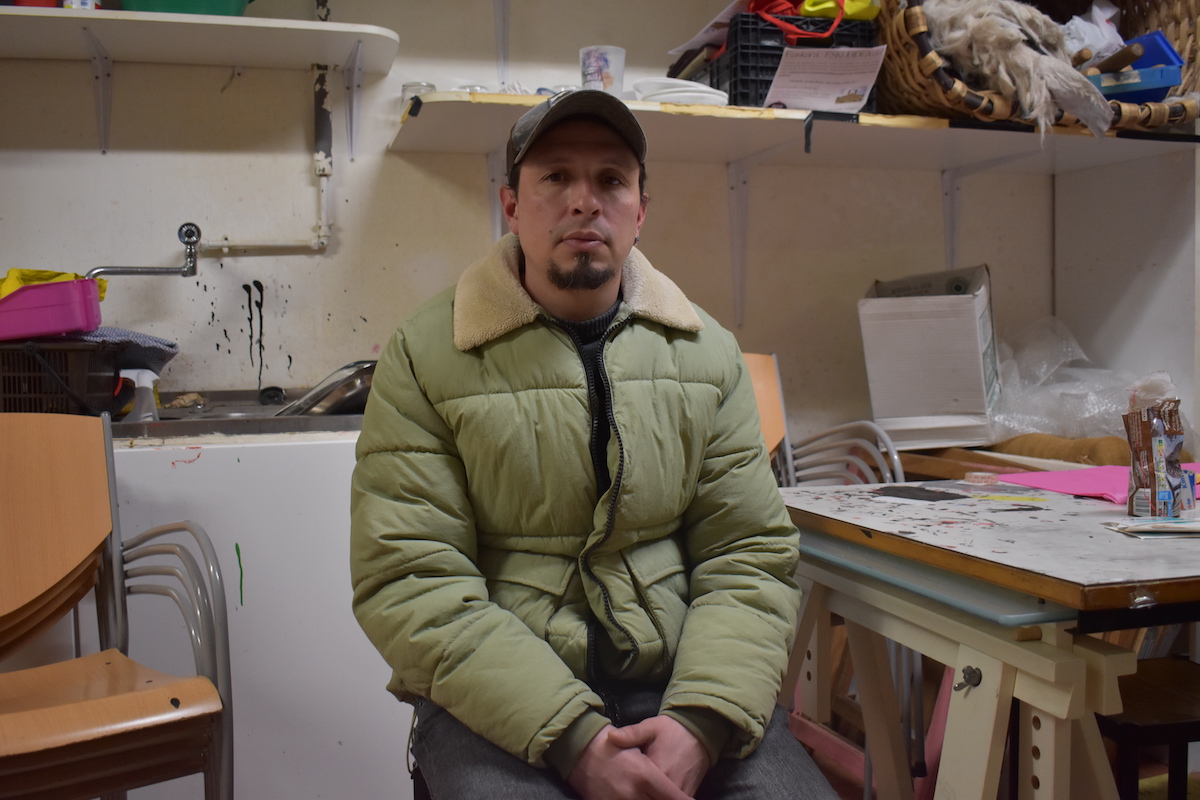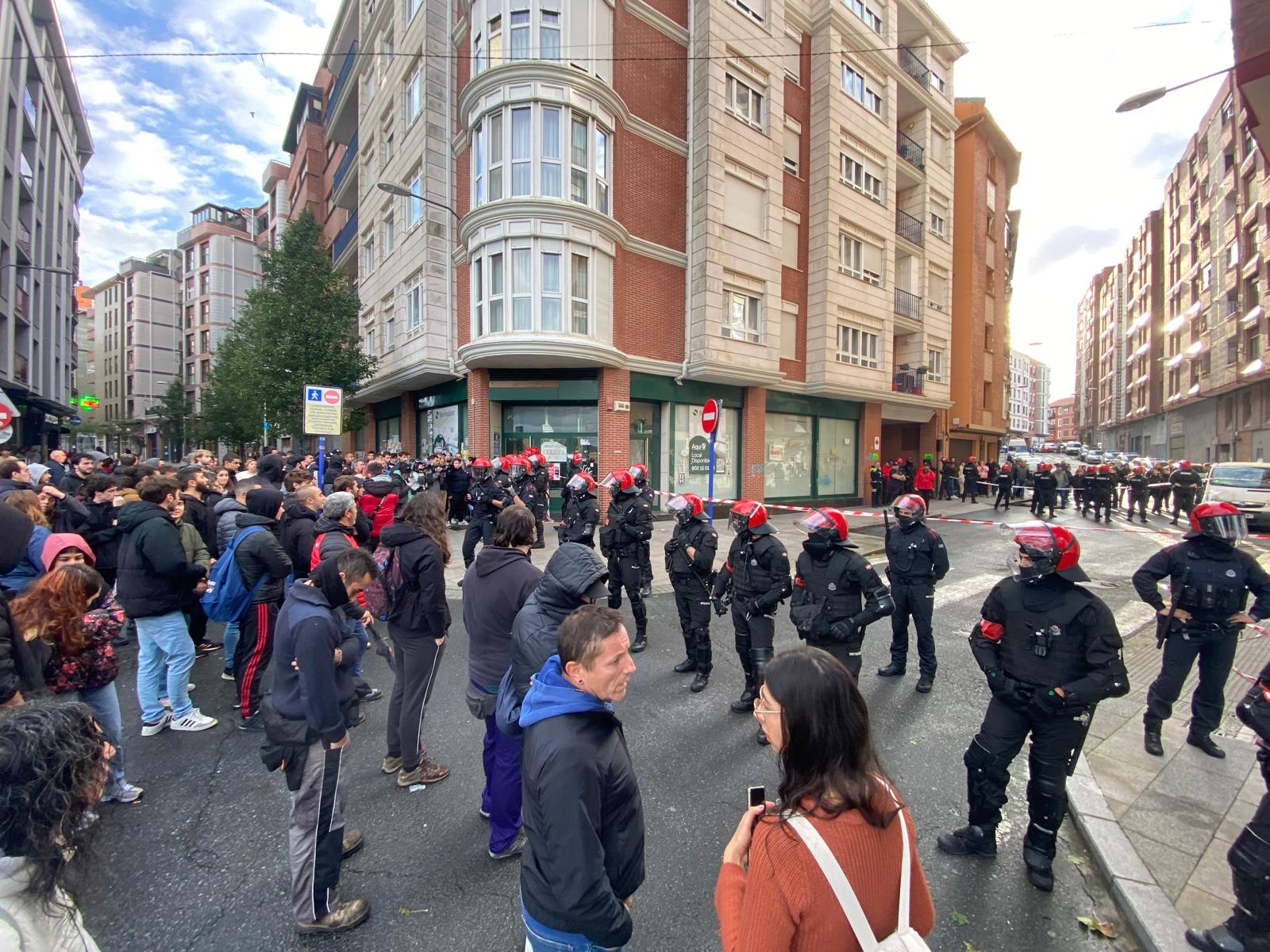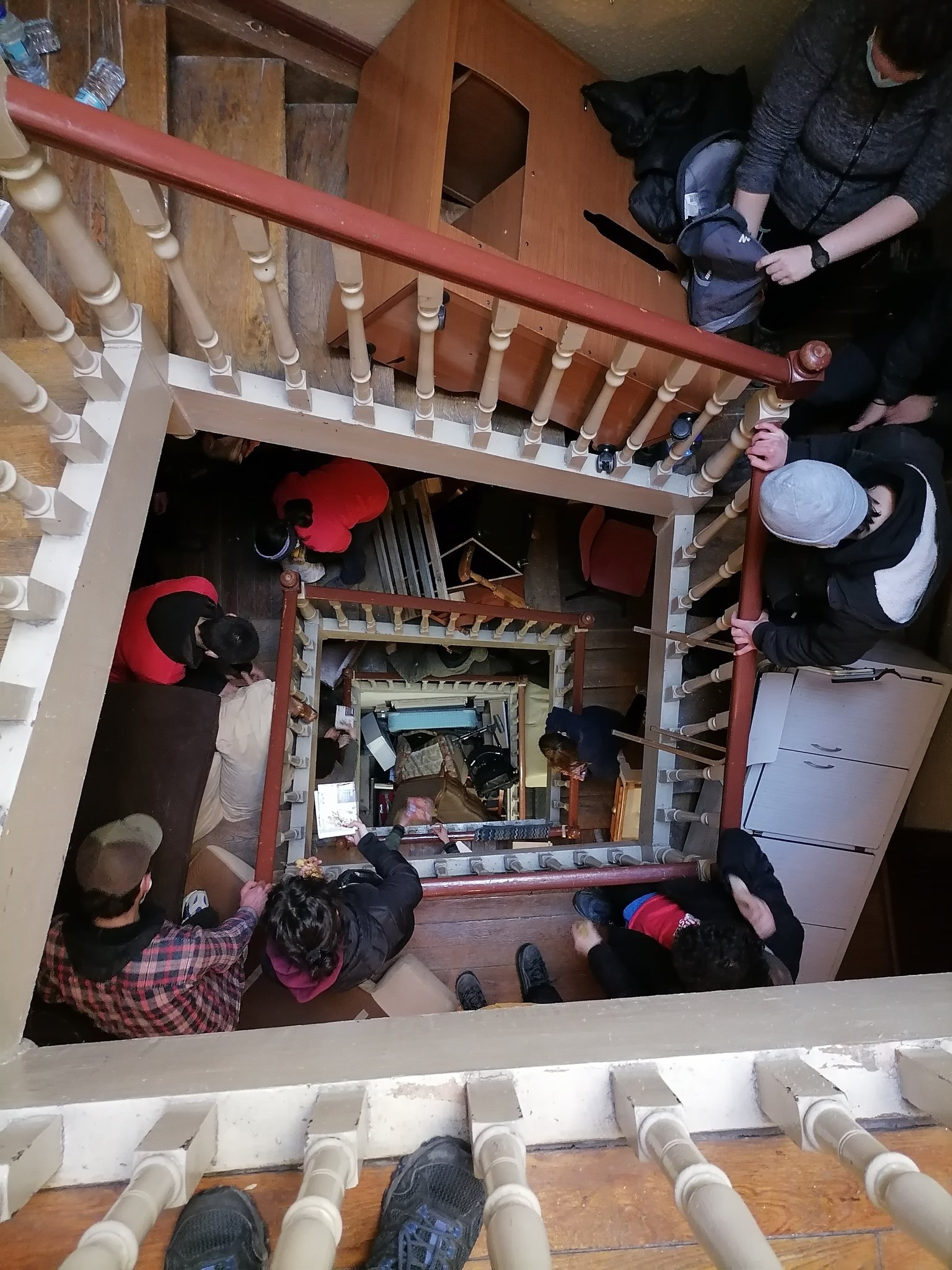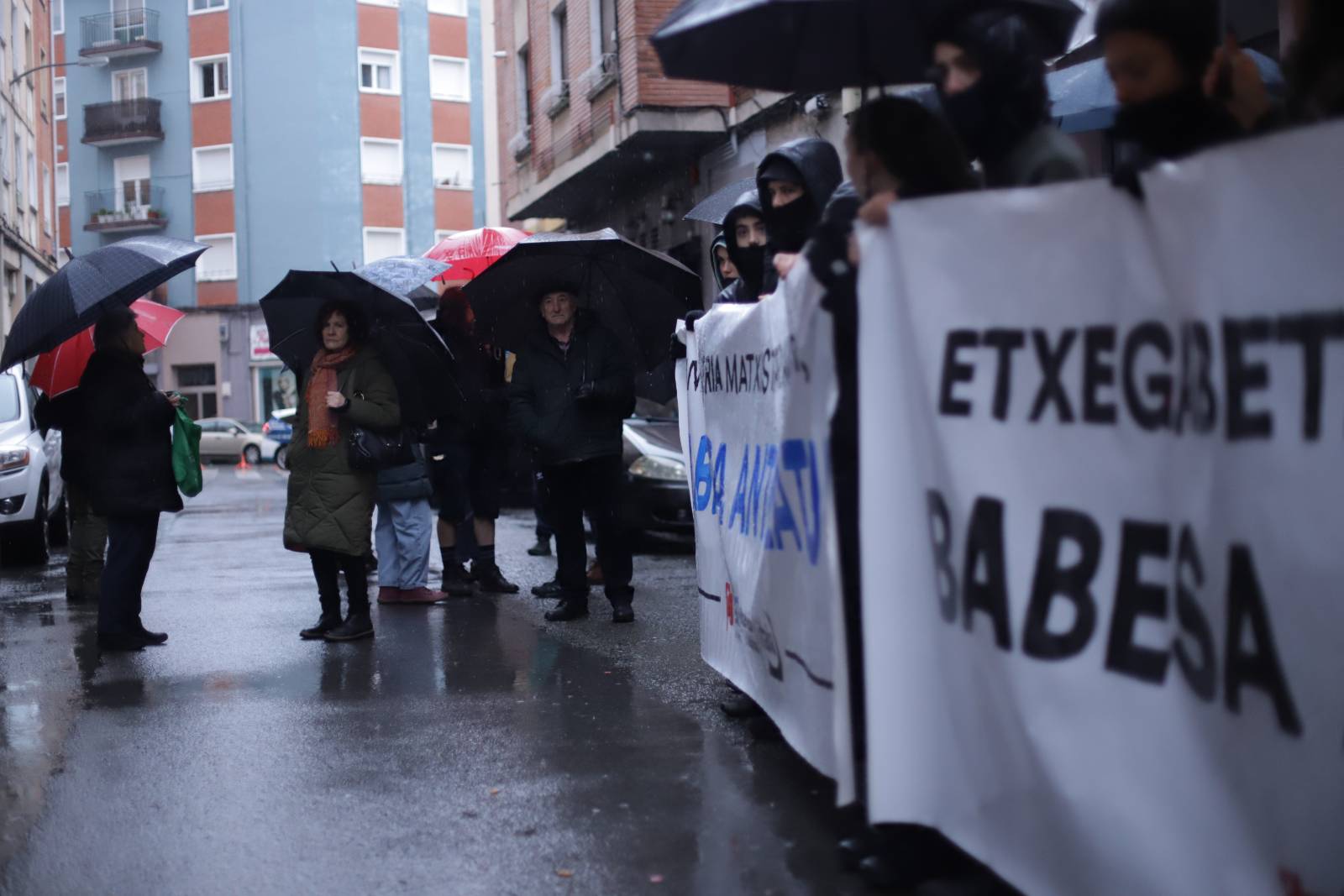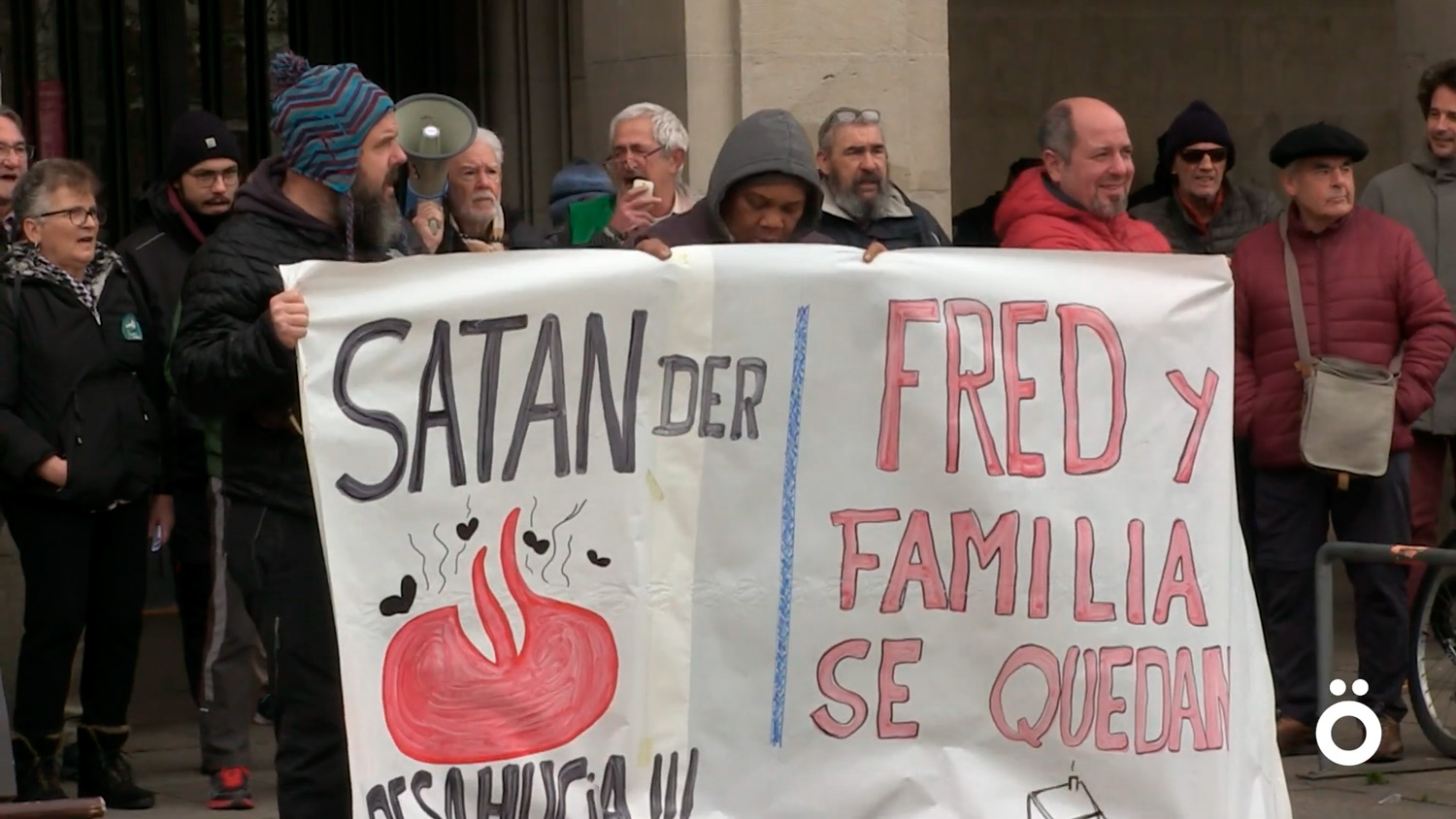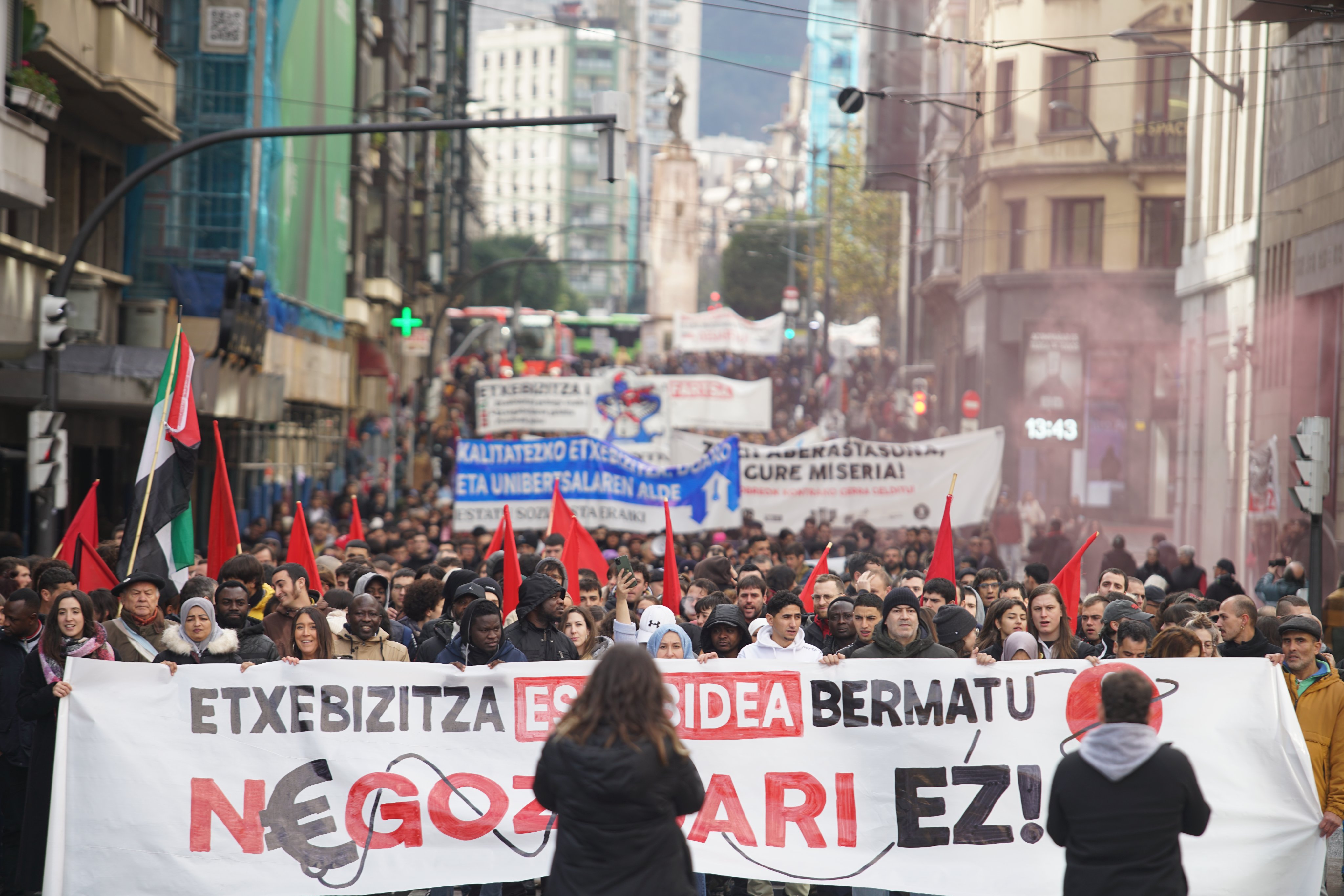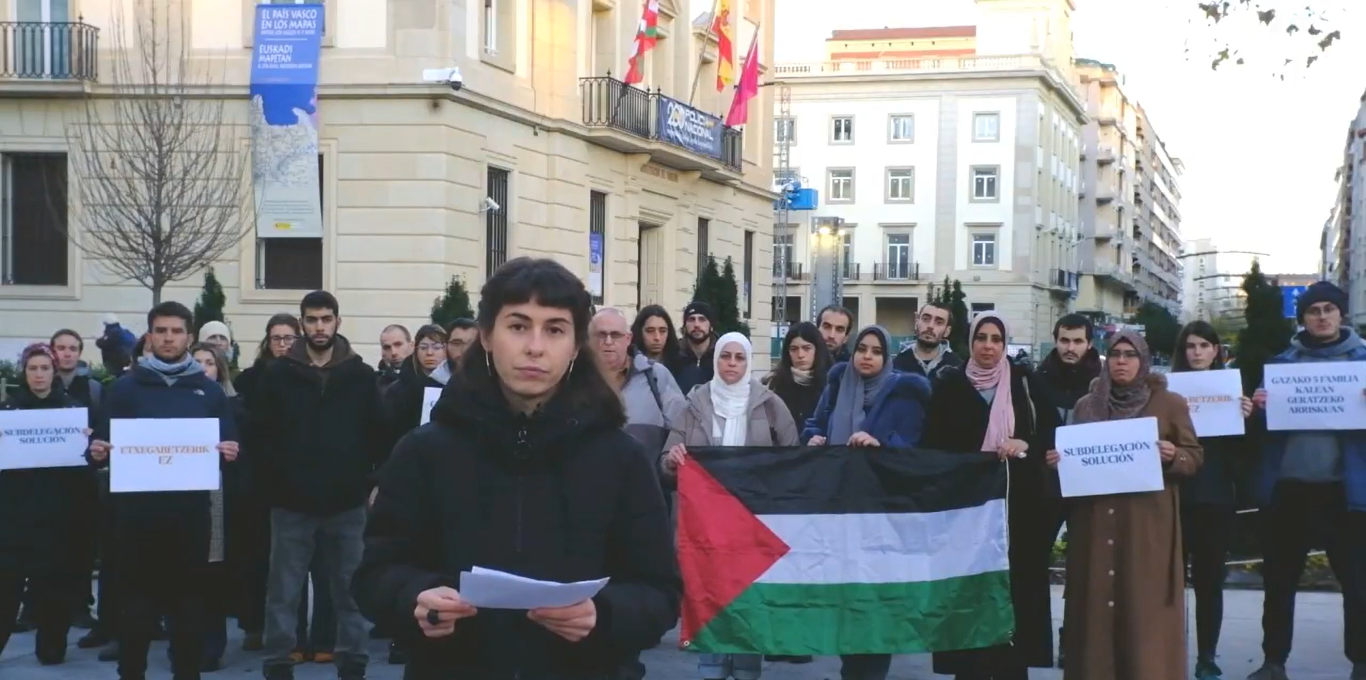For twenty days, forgive life
Amaia Egaña's suicide has shocked society. The murder of a homeless beggar in a hospital because of pneumonia does not like anyone, but it does not have an echo and, furthermore, nothing like the ordinary citizen is going to happen to him. But Egaña was not one of those. He was an ex-councillor, he lived in a new house, a good salary, a family… The citizens have seen that this crisis can throw anyone out the window, and that has made him feel more fragile. A wave has been formed: assaulting the media, Spanish authorities, judges, banks…
But with the exception of the heat, the strength of the banks is again present, as is the Spanish law that protects them from 1909. Even the weakest banks, such as Bankia, which has been rescued with 23,000 million euros by the pp, analyzed in the courts of Pamplona, two days after the death of Egaña, the expulsion of María Cumbicus. And for twenty days he has forgiven the neighbor of Zizur Mayor's life.
All of this, when the EU has already decided that it is going to devote EUR 100 billion to the Spanish financial system in order to return to normal. All this, when in the last two years the European Central Bank has made available to Spanish banks hundreds of billions of euros with an interest of 1% to provide the Spanish Government with an interest of 7% and the citizen of 5%. Or when the government of pp has amnestied thousands of tax fraudsters. Or when, in the short term, he suffers another great rescue from the EU. Or when the austerity orders of Germany have twisted the neck of the Greeks last week for the umpteenth time.
And this is because the strength of the financial system is enormous. “Every day the markets move the diners. For example, according to the ECB, only EUR 7 trillion in the sovereign debt of the eurozone states. Now, the everyday collective decisions of these markets, the government can react, prescribe political lines and dominate the people” (Ignacio Ramonet, Le Monde Diplomatique November).
And lawyer Javier Olaberri (and the former leader of the Basque Left), directly links the banks, authorities and evictions of Spain: "Credit institutions contracted short-term debts amounting to EUR 300,000 million to mortgage people who did not have sufficient solvency in Frankfurt. For its subsidiaries, they also valued the houses at falsely high prices. It was an apparent irresponsibility, but the Bank of Spain and the government decided to look the other way. Politicians filled their pockets with economic prizes.” (El País, CAPV edition, November 10).
In this context, the Basque Government will establish itself and require a broad socio-political agreement to emerge from the crisis. Is it going to be a socio-political agreement that takes account of all the above lines? Or the political consensus above all to look the other way?Among those who DO NOT GET RIGHT
are the Basque unions, the Nationalists and the Spaniards. And by the 14th day thousands of people have been imprisoned. Once again you will see that Hego Euskal Herria is different from Spain. Surely, as you will see, the CAV and Navarra also play differently.
ELA and LAB have many reasons not to go on Wednesday's strike with UGT and CCOO. The line of the majority unions in Spain has been the practice of union shaded by power: for example, in 2010 in Navarra UGT received EUR 7.4 million from the Government of Navarra for training and CCOO 7.3; the rest of the unions nothing (Berria, Serio Daemon, 11 November). Taking advantage of their signs of identity in Spain and their laws, they often give them the opportunity to interact with ELA and LAB in terms of mistreatment. That is why, and because of Basque inequality, the attitude of the Basque trade union majority in the strike of 14 is understandable.
But there are also many reasons that make the decision incomprehensible and, due to the current situation, probably more important; perhaps not for those who are linked to trade union activity, but for the general public. UGT and CCOO are accused of not fighting, but they are now going to fight; in the EU there will be no change if it is not jointly driven by the citizens of the European nations; but in Spain and in Euskal Herria either. Just as peace is done with the enemy, unity is made between the non-conformers. An opportunity has been lost. If it is difficult to convene two strikes within one and a half months, that must also be mentioned. Unfortunately, the options of union unity will not be lacking, either to show the strength of the Basque trade union majority, or to show the unity of workers and Basque citizenship.
Ez da gauza berria politikari profesionalak gizarteko arazoak estaltzeko ahaleginetan ibiltzea. Azkenaldian Denis Itxaso -EAEko Etxebizitza sailburua- entzun dugu etxegabetzeei garrantzia kenduz eta aditzera emanez gurean bazterreko fenomenoa direla; eta Begoña Alfaro... [+]
Azora putre funts alokairua igo eta mantentze lanak alde batera utzi ditu, Isaac Lagos eta bere familia etxebizitza uztera behartuz. Kaleratzearen aldeko epai bat jaso berri du maizterrak.
Etxera itzuli ahal izan diren arren, joan den azaroan kaleratu zuten Astrabuduko familia berriz ere arriskuan dago. Uribe Kostako Etxebizitza Sindikatuak salatu du mailegu-enpresa berriz ere saiatzen ari dela kanporatzea gauzatzen, oraingoan, desokupazio-enpresa bat... [+]
Azken egunak garrantzi handikoak izan dira Bartzelonan, etxebizitzaren aldeko mugimenduarentzat eta espekulatzaileen aurkako borrokarentzat. Urtarrilaren 28an, polizia-armada batek Raval auzoko Massana Zaharrari [zentro sozial okupatua] eraso egin zion goizaldean, aurrez abisatu... [+]












